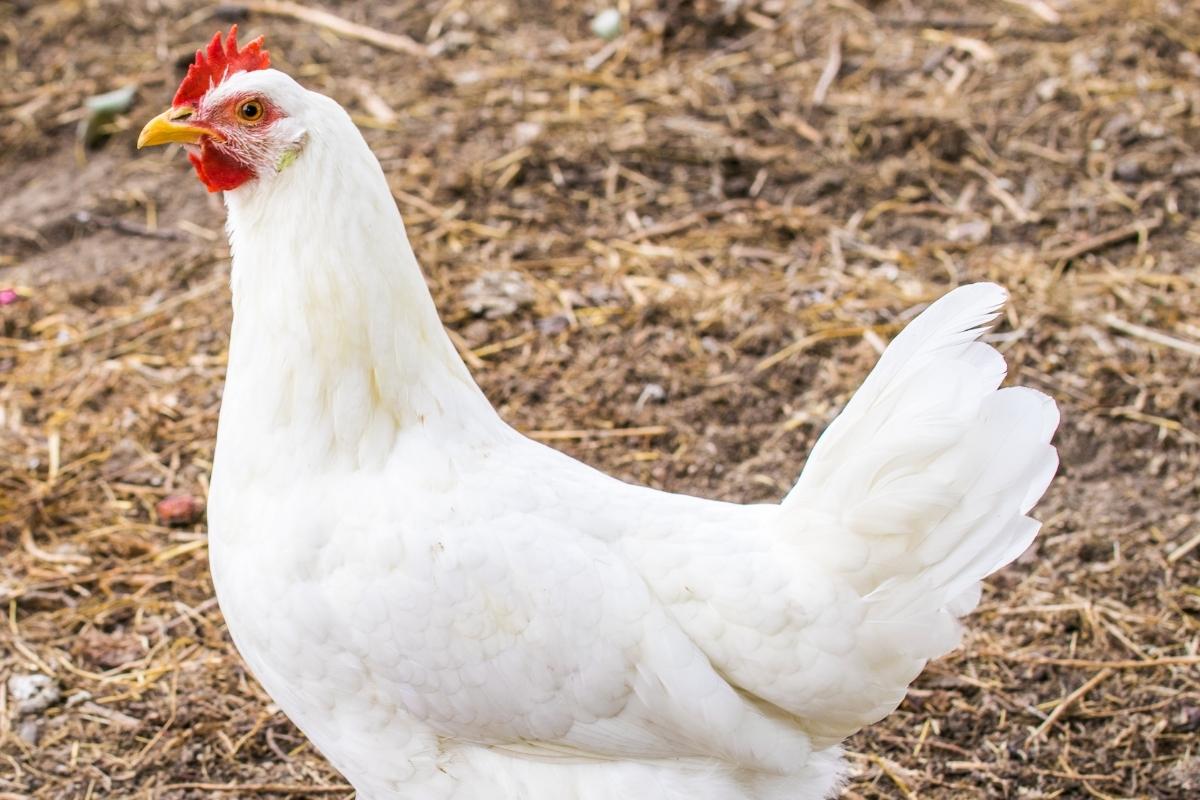Bacteriophages incorporated in feed for Salmonella control in broilers
The use of antibiotics as feed additives in the poultry industry has come under increasing scrutiny due to concerns about antibiotic resistance. Fortunately, new research is exploring alternative options, such as the use of bacteriophages.
Bacteriophages, also known as phages, are viruses that attack and kill bacteria without harming animals or plants. In a recent study, microencapsulated phages were used in broiler chickens to control Salmonella infections in their intestines.
The results showed promise in reducing Salmonella, providing a potential solution to this major cause of foodborne illness. This study also demonstrates the importance of continued research and innovation to combat antibiotic resistance and improve food safety.
On 29 September 2022, the authors Laura Lorenzo-Rebenaque, Danish J Malik, Pablo Catalá-Gregori, Jan Torres-Boncompte, Clara Marin, and Sandra Sevilla-Navarro published their findings in the article: Microencapsulated bacteriophages incorporated in feed for Salmonella control in broilers.
Topics:
- The use of bacteriophages as feed additives offers the prospect of reducing Salmonella infestation in the intestines of broiler chickens.
- The objective of this study was to evaluate the use of microencapsulated phages as a strategy to control Salmonella and to assess the effects of their use during broiler rearing.
- One hundred one-day-old chicks were randomly divided into two identical poultry houses corresponding to the two experimental groups (control vs. Φ-treated group) simulating field production conditions.
- Half of the birds in each experimental group were challenged with 105 CFU/bird of Salmonella Enteritidis per os. In the Φ-treated group, microencapsulated Salmonella phages encapsulated in Eudragit ®L100 (a pH-reactive formulation) were added to the starter feed. Weekly cecal samples, cloacal swabs and boot swabs were collected to assess Salmonella colonization, shedding and spread.
- This study provides important insights into the potential use of phages as a preventive and biocontrol strategy against farm-to-table Salmonella infections.

Abstract
Bacteriophage inclusion as a feed additive could offer the prospect of its en masse application and reduce the intestinal carriage of Salmonella by broiler chickens.
The objective of this study was to evaluate the application of microencapsulated phages as a strategy to control Salmonella and assess the impact of their use during the broiler rearing period.
One-hundred one-day-old chicks were randomly divided in two identical poultry houses according to the two experimental groups (control vs Φ-treated group) simulating field production conditions. Half of the animals in each experimental group, were challenged with 105 CFU/bird of Salmonella Enteritidis per os. In the Φ-treated group, microencapsulated Salmonella-phage encapsulated in Eudragit®L100 (a pH-responsive formulation) were incorporated in the starter diet feed.
To assess Salmonella colonization, excretion and diffusion, cecum samples, cloacal swabs and boot swabs were taken weekly. Salmonella detection was based on ISO 6579-1:2017 (Annex D). Salmonella colonization was significantly reduced in most of the rearing period, meanwhile the excretion was significantly reduced on the 2nd, 4th and 5th week of rearing.
Moreover, Salmonella contamination of the farm environment was eliminated at the end of the cycle.
This study provides important insights into the potential use of phages as a preventative and biocontrol strategy against Salmonella infection from farm-to-table.
Keywords: Bacteriophages; Chicken feed; Microencapsulation; Salmonella.
Copyright © 2022 Elsevier B.V.

 Highly different effects of phage therapy and antibiotic therapy on immunological responses of chickens infected with Salmonella enterica serovar Typhimurium
Highly different effects of phage therapy and antibiotic therapy on immunological responses of chickens infected with Salmonella enterica serovar Typhimurium
